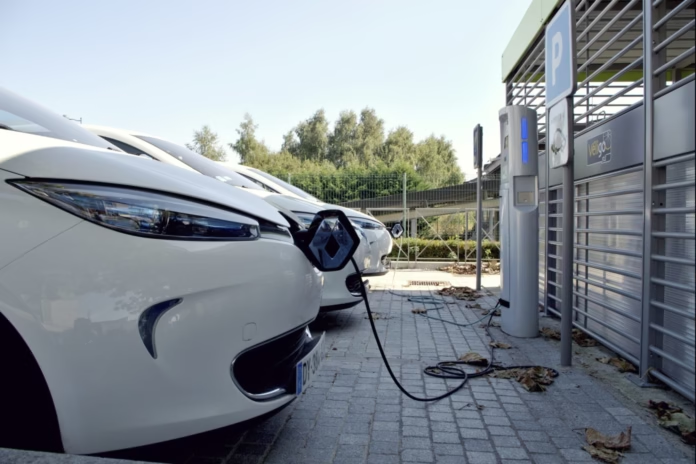SACRAMENTO – Following President Trump’s signing of illegal Congressional resolutions attempting to roll back California’s clean cars and trucks program and make the state smoggy again, Gov. Gavin Newsom last week signed an executive order doubling down on the state’s efforts to transition away from fossil fuels. This action builds on the lawsuit Governor Newsom and Attorney General Rob Bonta filed earlier today against the Trump administration to protect California’s clean air authority. It also follows last month’s announcement that California and 10 other states launched a coalition to continue advancing clean cars.
Today’s action comes amidst a backdrop of President Trump’s war on California – a concerted effort by the federal administration targeting the state with its illegal militarization of Los Angeles and anticipated funding cuts.
With this executive order, California will begin work on the next phase of the state’s clean vehicles program, crafting regulations that will continue protecting communities from harmful air pollution while creating jobs and fostering an already dominant clean transportation industry in the state. Text of the executive order is available on the Governor’s website.
The Governor’s order also steers state vehicle purchases to manufacturers that continue to comply with clean vehicle regulations and calls for recommendations on additional actions to further the state’s clean vehicle transition.
The executive order:
- Reaffirms the state’s commitment to zero-emission vehicle (ZEV) deployment
- Initiates the development of Advanced Clean Cars III regulation to advance new strategies for emissions reduction
- Updates state purchasing requirements to align with manufacturers that continue complying with clean car regulations
- Prioritizes funding for state incentive programs for clean manufacturers and fleets
- Continues Clean Truck Partnership work and requires reports on progress every six months
- Directs state agencies to assess additional actions for ZEV adoption and issue recommendations within 60 days, including strategies for consumer protection, infrastructure, voluntary efforts, and local partnerships
Zero-emission vehicles are often less expensive to operate than their gasoline fueled counterparts due to generally lower electricity prices and minimal costs associated with maintenance and repair over the life of the vehicle.



